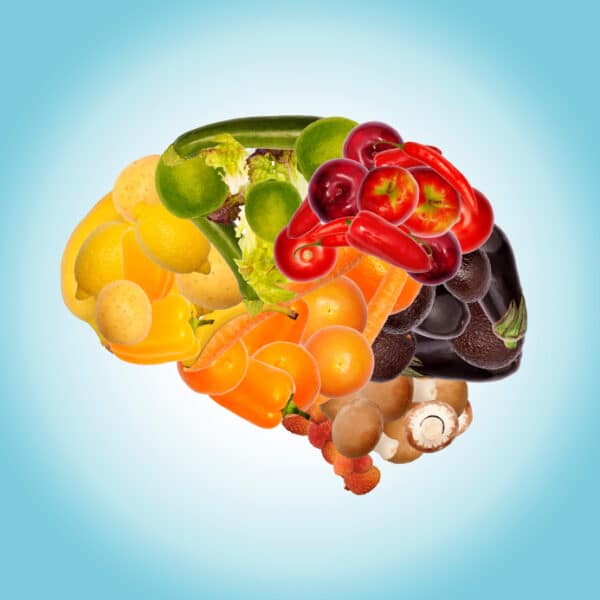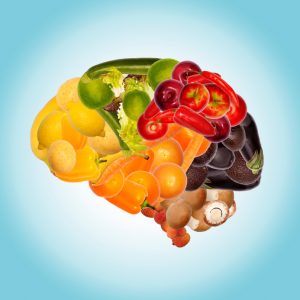The provision of appropriate food and nutrition is a vital part in delivering dignity in care for people with dementia. Eating and drinking becomes increasingly difficult as a result of the disease, with an increased risk of weight loss and malnutrition. There are currently no standardised ways to maintain adequate nutrition in people with dementia, and the challenges of meeting appropriate nutrition and hydration continue to be reported. For busy frontline staff it may be difficult to know exactly how to support someone nutritionally.
New research in nutrition and dementia ongoing at University of Bournemouth
To tackle these ongoing concerns, The Burdett Trust for Nursing awarded a nutrition research grant to the University of Bournemouth. In order to develop a greater understanding of how to deliver good nutritional care in the dementia setting, the research team worked with a range of care homes and health professionals. This involved gathering experiences and good practice from different people, including chefs, nurses, managers, as well as family members and carers.
Initial findings from the research included that:
- Nutritional needs and meal preferences require close observation.
- Documentation of the stage of dementia is important.
- Staff should be aware of, and respond to, psychosocial, physical, historical and cultural factors that may impact nutritional intake.
- Communication between front line staff and key health professionals is critical for appropriate care.
- Average fluid intake was not sufficient.
- Staff need to be innovative and flexible.
- Recognition of individual need is important e.g. where and with whom they prefer to eat, whether they find it easier to eat finger food, drink soup from the bowl or even eat while on the move.
Barbara’s Story also helps understanding of the importance of nutrition
The Burdett Trust for Nursing also funded another project that featured nutrition in dementia. Barbara’s Story, a series of films spanning the whole dementia journey, was commissioned for staff at Guy’s and St Thomas’ NHS Foundation Trust to increase their awareness of dementia.
In an evaluation of the project, staff discussed specific learning from the films, including the importance of nutrition. Staff noted that improvements in food provision for people with dementia within the Trust were reinforced by Barbara’s Story. This included availability of a range of snacks, including finger foods, and hot drinks throughout the day. It also seemed that staff commitment to nutrition changed. For example, a member of staff commented “We’re now much more proactive on the nutrition board and in recognising the patients’ needs, like spending that little bit of extra time, providing little extras after their meal and snacks. I’ve seen nursing staff go into the kitchen and say ‘Okay, Mr So and-so is still a bit hungry; I’m going to get him a sandwich’ ”.
Other improvements mentioned included the use of coloured trays to indicate different levels of help needed, coloured plates, cups and saucers to increase the visibility of food, and a book with pictures of food to help patients choose their menus. Staff also discussed the importance of liaising with non-clinical staff serving food to ensure that the amount of food eaten is accurately recorded.
There is clearly some excellent research in this area, but there is still more to be done and lessons to learn. Care home staff should be aware of the importance of nutrition in dementia, and have an understanding that nutrition is a strong component of dignity in care.







